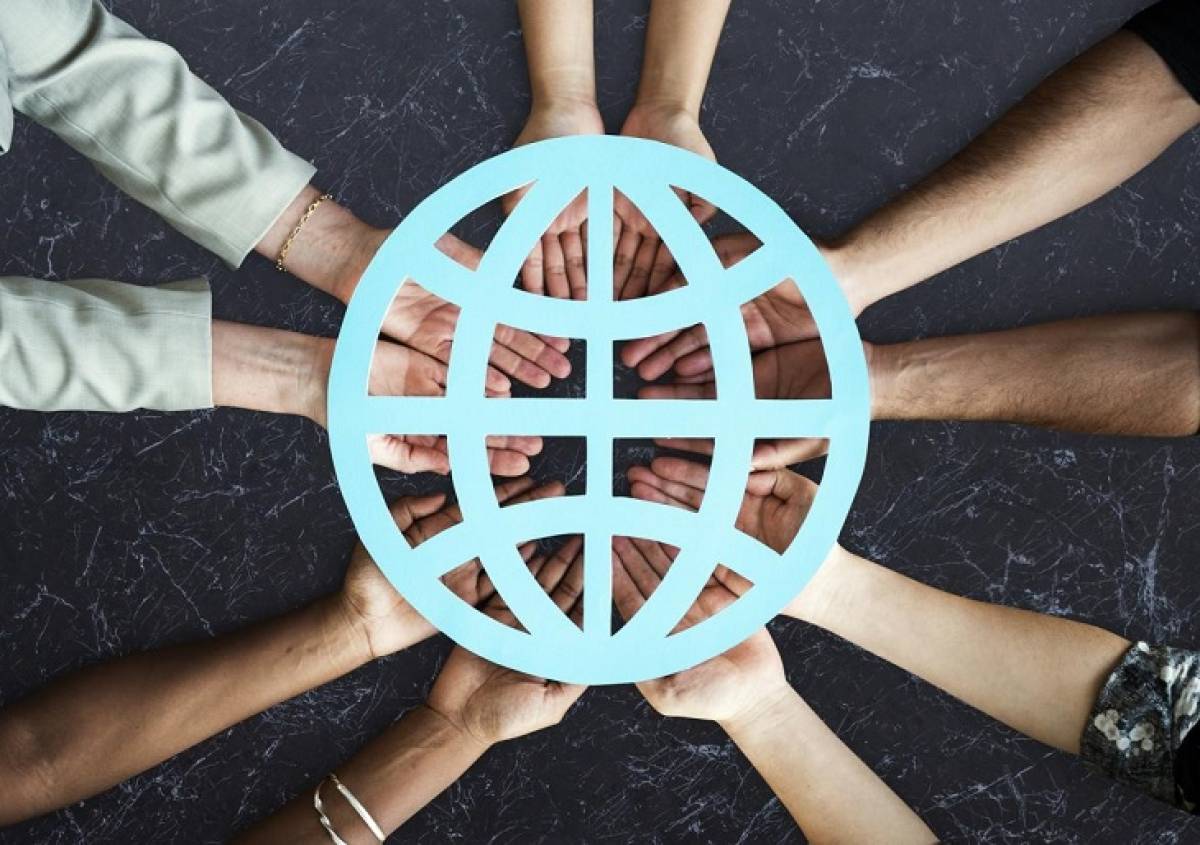Globalization: Is It Good or Bad for Your Business?

Globalization has, without a doubt, changed relationships in the world. Some of the effects of globalization are good, while others are not so good. Most of the impaact, however, is related to the interdependence that has grown between countries and overseas markets.
Globalization, the process by which people worldwide are becoming increasingly interdependent and interconnected as a result of increased cross-border cultural exchange and trade, is good for the most part, because opportunities are created by the opening up of markets between countries. It means businesses involved in overseas trade can communicate more effectively and efficiently with their trading partners, which includes suppliers and customers directly.
With fewer hoops to navigate, ambitious entrepreneurs and businesses are able to manage their supply chains and distribution networks much better and efficiently. Trading has become so much more simplified that local producers are able to sell their products to far distant markets with almost the same speed and ease as would take place in their own country. For example, a big company like BMW can sell its vehicles as easily in Germany as it can in Australia. You can make a sale online, arrange shipping anywhere in the world and the products distributed quickly and easily.
Globalization is good. It allows money to flow easily between economies. This means the world’s wealth finds its way to all corners of the world. Smaller countries get the chance to increase their wealth, boost employment and provide much needed infrastructure, as long as they have products to sell that the world wants. Fossil fuels like coal is shipped out of Australia and finds its way to the other side of the world, while primary products produced in New Zealand can be found in the shops in EU countries. Traditional trading partners are things of the past as businesses spread their wings far and wide.
But, the cons of globalization are also evident
For starters, there is never any certainty when doing business anywhere, least of all in a market overseas. A disaster, say, a flood or tsunami, could wipe out customers abroad for a while as they get back on their feet. Even companies that have held a monopoly providing certain products to the world market may face competition as new competitors take the opportunity of globalization to move in and compete. It’s no longer possible to control the pricing of products as global market forces set in. There is also more duplication of products, which can hurt some businesses.
One of the things that has occurred during this whole process of globalization that may blur the line demarcating globalization as good or bad is the language difficulties that often arise between trading partners. Some entrepreneurs find it difficult trading with people in markets abroad who they don’t share the same culture and language. It is simply not acceptable, though, to market your product to an overseas market in a language foreign in the country.
Any business or organization that thinks globalization is good will only be able to make full use of what it has to offer if it translates its marketing campaigns and products information for their international customers in the target's languages, including advertising, manuals and warranties.
In Australia, there are accredited companies approved by NAATI (National Accreditation Authority for Translators and Interpreters) that provide reliable translations for businesses and individuals you can use, as there are in other countries. You may not know for sure if globalization is good or bad for your business until you venture into new markets abroad and localize your business offerings and marketing through translation of the facts about it. Then, you can know for sure.
Make globalization work for you and your business

A beautiful side of globalization is the sharing of cultures. When people move to other countries, they bring with them their styles of cooking, their languages and customs, and so on, which add to the color of the culture in their new country. In one town alone, you may see a variety of restaurants selling food from around the world, such as Chinese, Vietnamese, Thai and Indian. Movies find their way around the world too. And we are all the richer for it, in terms of new experiences, new ways of doing and interpreting things, and new markets to expand our businesses to.
According to Christine Lagarde, Managing Director, International Monetary Fund, some of the important factors people need to cultivate in order to make globalization work for all include a culture of openness and international cooperation, the ability to rise above narrow self-interest and protectionism, and embracing new technology that makes global economic integration—the bringing together of trade, migration, capital flows, and technology—possible.
“…history clearly tells us that closing borders or increasing protectionism is not the way to go,” Lagarde said in a 2016 lecture in Toronto, Ca outlining ways to make globalization work for all. “Many countries have tried this route, and just as many have failed. Instead, we need to pursue policies that extend the benefits of openness and integration while alleviating their side effects.”
In conclusion
Globalization may get bad press from populists in the West, but as we’ve seen herein, it has its pros and cons. You can choose to make globalization work for you or not.
If you choose to make it work for you, remember respect for the dignity of every person and their culture is at the core of socially responsible globalization that opens foreign markets and benefits your business and everybody else wherever they may be in the world.




















